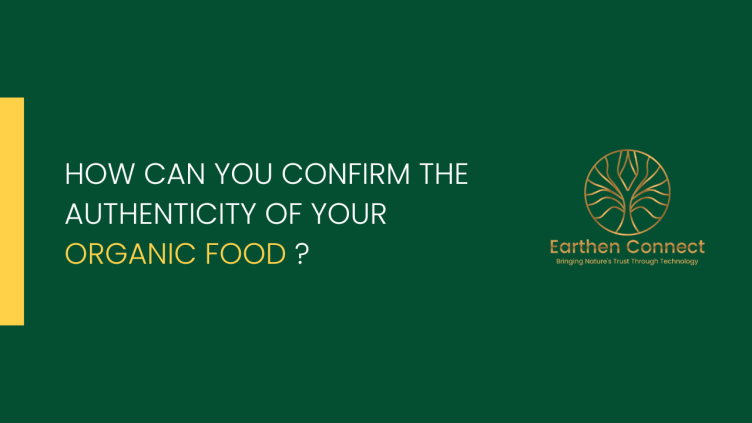There are several ways to determine if your food is truly organic:
⦁ Look for certification labels: Organic products are certified by government-approved organizations and carry the USDA organic seal or other similar labels, such as “certified organic” or “100% organic”.
⦁ Check the ingredient list: Organic products must contain at least 95% organic ingredients and the remaining 5% must be non-agricultural substances approved by the USDA.
⦁ Read the product label: Organic products must include information about how the product was produced and processed, including the use of pesticides, fertilizers, and other chemicals.
⦁ Ask the grower or retailer: If you’re unsure about the organic status of a product, don’t hesitate to ask the grower or retailer for more information about how the food was produced.
⦁ Do your research: Learn about the different organic certification programs, such as the USDA National Organic Program, and become familiar with the standards and requirements for organic food production.
⦁ Avoid processed foods: Processed foods often contain non-organic ingredients and are less likely to be truly organic.
⦁ Buy from trusted sources: Look for organic products from reputable sources, such as farmers markets, natural food stores, and online retailers.
⦁ Know the season: Certain fruits and vegetables are only available during certain seasons. If you see an out-of-season produce labeled as organic, it may have been imported and may not be truly organic.
⦁ Check for multiple certifications: Some organic products may have additional certifications, such as non-GMO or fair trade, which can further indicate their authenticity.
⦁ Look for farm-to-table options: Consider dining at restaurants that source their ingredients directly from local organic farms.
⦁ Avoid “organic-washed” products: Some products may be labeled as “organic-washed” or “made with organic ingredients” but contain only a small amount of organic ingredients.
⦁ Ask about the farming methods: When buying from a farmer, ask about their farming methods and if they use any non-organic practices, such as synthetic pesticides or fertilizers.
⦁ Know the organic standards in your country: Different countries have different organic standards, so make sure you’re familiar with the standards in your area.
⦁ Avoid products with vague labeling: If a product has vague or misleading labeling, such as “natural” or “eco-friendly,” it may not be truly organic.
⦁ Trust your instincts: If a product seems too good to be true, it probably is. If you have any doubts, don’t hesitate to do further research or ask for more information.
In conclusion, By taking these steps, you can be confident that the organic food you buy is truly organic and meets the high standards set by the organic certification program. You can track and verify the authenticity of your organic food using traceability applications like Earthen Connect. Their platforms allow you to trace the journey of your food from the farm to your table and ensure that it meets the high standards of organic production.
Enjoy 5% OFF on your order. Use Code: FOREVER5

